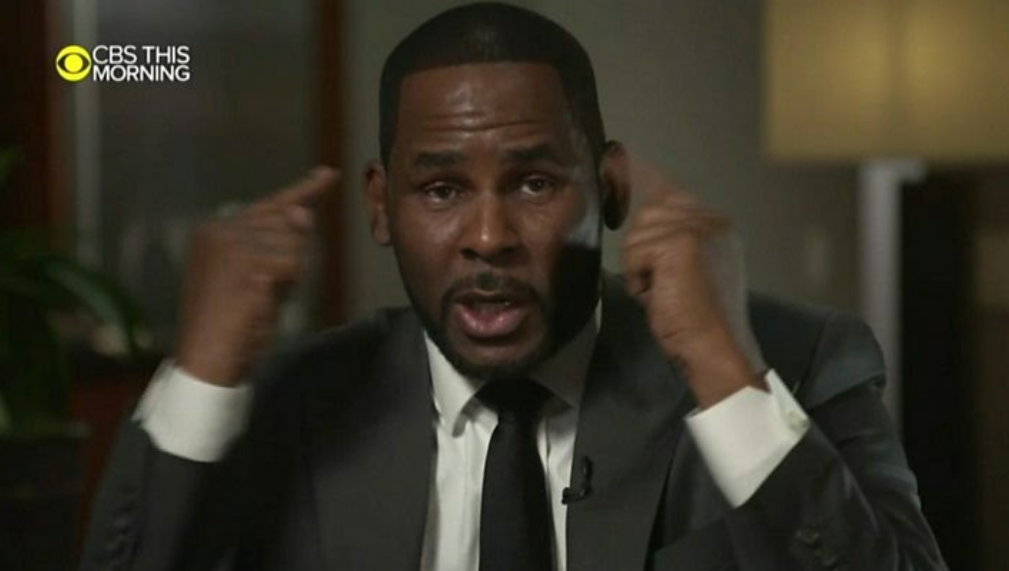Ah, cancel culture. It seems like everyone has been talking about it lately, from arts and culture to politics. Many claim that cancel culture is bringing the downfall of our society, and they are tired of seeing people “cancelled” in the eyes of the media.
However, complaints about cancel culture are just an extension of the same complaints we’ve heard for years about being “politically correct.” And outside the internet, the idea of cancel culture is not even a strong enough movement to change much of anything.
Think about it.
What artist has ever actually been commercially cancelled? Even R. Kelly, who is under federal investigation for child pornography, forced labor, and kidnapping, still has hordes of fans and defenders. In fact, USA Today reported the streaming of Kelly’s music on Spotify actually increased 76% during the airing of “Surviving R. Kelly,” a show where his victims described the disturbing abuse they faced. Rapper Tekashi 6ix9ine, despite pleading guilty to a felony count of use of a child in a sexual performance and egregious use of racial slurs as a non-Black person, had a number one hit this year with Nicki Minaj.
The only way cancel culture seems to have any validity is in its double standards against Black women and women of color. Controversial artists Azealia Banks and Natalia Kills denied themselves of a mainstream audience despite their incredible talent, but even they are still revered as icons in many circles of the cult-fandom internet. It seems very hard to imagine a woman artist making the same kind of complete career turnaround that Tyler, the Creator did when he went from rapping egregiously about violence against women to writing tender songs about falling in love.
Even so, cancel culture, while deemed a “career-ender” by some on the internet, seems to have very few consequences for major artists in terms of real-life success. The most successful part of cancel culture has been starting conversations about what behavior we can and cannot tolerate from the artists we love. Whether to “separate the art from the artist” or not should be a decision left up to the listener, informed by their own set of morals, values, and life experiences.
My point is not that we should grant artists immunity from their actions if some of us decide their music is good enough. However, we should be thinking more critically about the media we consume.
Even if we decide to remain fans of an artist who has made mistakes, big or small, we should acknowledge the behavior we are letting slide by listening to them. We should be thinking about the difference in standards to which we hold men and women creators, and the difference in standards to which we hold Black artists or artists of color versus white artists.
Instead of condemning cancel culture and its seemingly nonexistent effects in vague terms, we should be using this moment to have difficult conversations about what it means to be a fan and consume art in 2020.
aehdky@mail.umkc.edu








